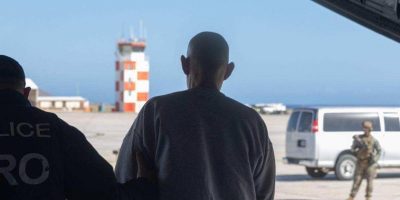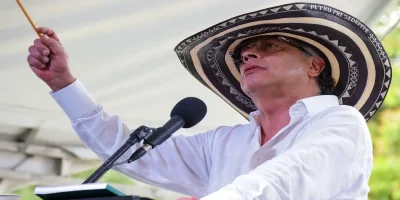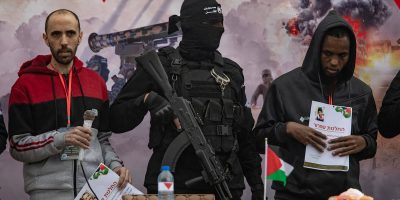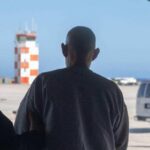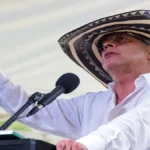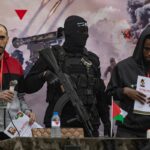There have been hundreds of arrests of Rwandans and Congolese Banyamulenge in the Burundian capital Bujumbura and its suburbs on Sunday, February 16, according to reports.
The arrests follow President Ndayishimiye’s call to members of the Imbonerakure and the general population to prepare for what he called an imminent attack by Rwanda.
ALSO READ: Mass arrests of Banyamulenge in Burundi spark urgent appeals for intervention
In Bujumbura, the arrested individuals were transported in military trucks to Gihanga and Bubanza provinces for “screening.”
Arrests were reported in Cibitoke and Buterere, where Rwandan and Congolese young men were bundled in police trucks with no explanation for the raids.
Ndayishimiye, whose soldiers fight alongside the Congolese army in the war against the M23 in eastern DR Congo, tweeted about the alleged imminent attack by Rwanda on Sunday, hours after the rebels took control of Bukavu city.
The Congolese city of Bukavu is at the border with Rwanda and Burundi. Burundi is said to have deployed about 10,000 soldiers to eastern DR Congo. As M23 rebels advanced towards Bukavu, Burundian and Congolese soldiers fled.
Their have been reports of arrests and hate speech against Congolese Banyamulenge refugees in Burundi.
Burundian forces in eastern DR Congo are part of the Congolese government coalition that includes the FDLR genocidal group and Wazalendo militias accused of perpetuating violence against Congolese Tutsi communities.
The AFC/M23 on Saturday asked Burundian troops to withdraw from DR Congo, saying their presence was “unjustified.”
“The military operations conducted by these forces in the Democratic Republic of the Congo (DRC) have exacerbated ethnic cleansing, mass atrocities, and an unprecedented humanitarian crisis, posing a serious threat to the local population,” the rebels’ spokesperso Lawrence Kanyuka said in a statement.
“It is therefore imperative that they leave the DRC without delay.”
Ndayishimiye is facing a challenging situation, with an unstable socioeconomic environment and internal political conflicts and the upcoming parliamentary and local elections in May.

